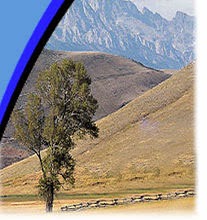One
character, named for an ancestor of mine, appeared in a dream, probably after researching her genealogy. She was a ghost
who wanted my heroine to solve the murders of her family that happened decades
before.
When I
was a teenager, I created a character, because of my sad crush on Jim Hawkins.
Yes, that Jim from Treasure Island. I crushed on a book character! Annie was
Captain Flint’s granddaughter trying to break free from his pirate legacy.
My son
and his heart condition inspired another hero. The two share similar features,
but my hero is WAY naughtier than my son. As writers, it’s important to let our
characters make mistakes and remember that some teen boys don’t think like
middle-aged women who know it’s wrong to break into houses, etc.
Some of
my characters exhibit traits I wish I had. The extroverts I wish I could be.
One beautiful blonde springs to mind. Vivian can wrap any man around her finger
with her looks and sultry voice. Her friend, one of my heroines, tries her best
to be like Vivian and she fails miserably at it and always seems to get herself
into even more trouble.
Many of
my characters are Royal Air Force pilots from WW2. What a bunch of naughty
boys! These brave men loved every day like it could be there last. My Connor is
like that. Doesn’t care what his commanding officers think or for that matter
anyone else. Doing what he isn’t supposed to do is what usually keeps him safe.
Connor almost never sleeps without a woman by his side, but does he do that because
he loves women or to frighten away the nightmares?
Another
character I’m currently creating has a family life quite different from my own
or one I grew up with. His father is a magician and his mother is his father’s
assistant. The family travels across Europe mesmerizing the nobility and
commoners with a great magic show in a time just before WW2 when the political
atmosphere is crumbling around everyone. He goes from living out of a suitcase
to staying in one spot. Where did he come from? I’m not 100% sure. His older
brother is a classmate of another hero of mine. The first chapter (or maybe it's a prologue) came to
life one very early morning when I lay in bed awake.
The
most important thing about characters is to welcome them when they do appear. I
swear I suffer from multiple personality disorder, but don’t all writers?



.jpg)



